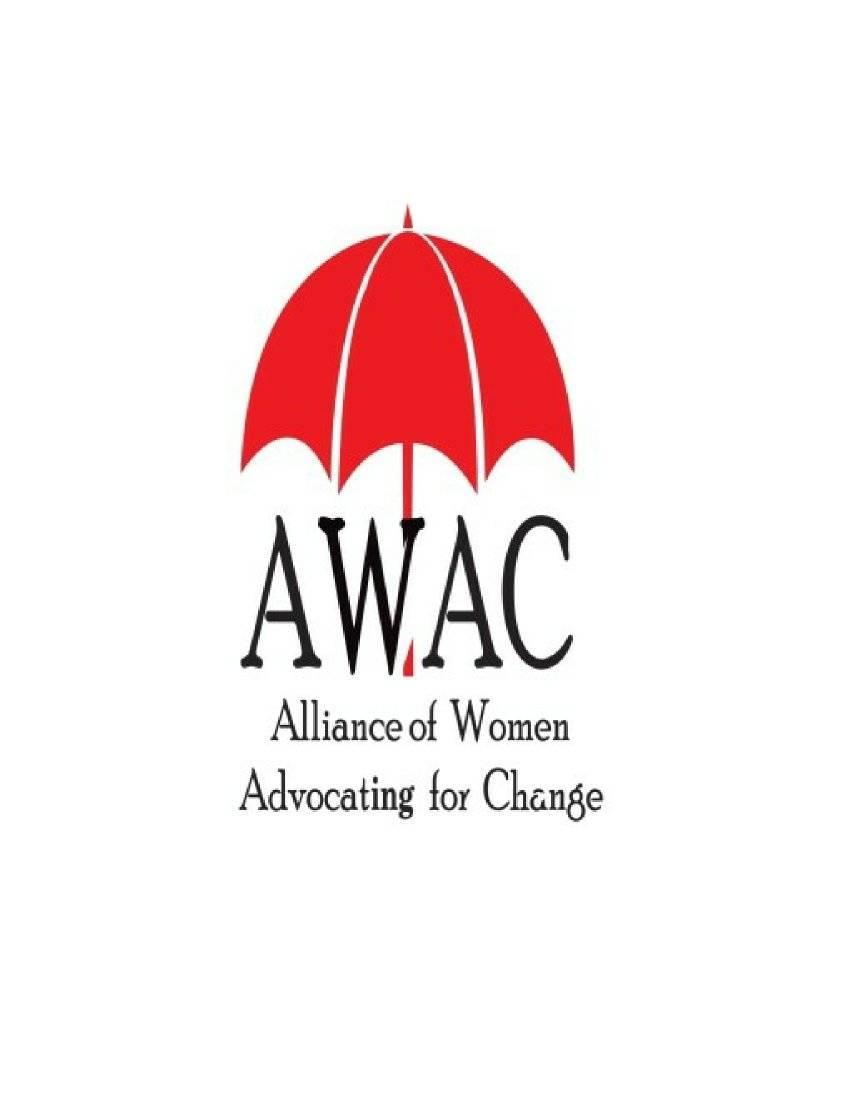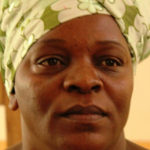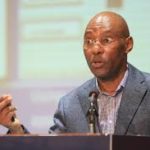The Civil society Organisation, Alliance of Women Advocating for Change (AWAC) has urged legislators to address the legal frameworks which have continued to detriment the rights of sex workers in the country.
Sex workers have since faced higher levels of violence and discrimination and his has hindered them from accessing inclusive health, justice and equal treatment enshrined in article 22, 24, 33 and 44 of the constitution of Uganda and Article 1, 2, 3, 6, 7 and 8 of the Universal Declaration of Human Rights which calls for Free and equal treatment, Freedom from discrimination, Right to life, Right to recognition before the law, Right to equality before the law, and Access to justice.
Speaking earlier today, the executive director of AWAC Macklean Kyomya said government should apply human rights standards to tackle entrenched, systematic, and intergenerational inequalities, exclusion and discrimination against sex workers.
“The existing plight has been intensified by the COVID-19 pandemic, which is associated with isolation, disrupted routines and diminished services have greatly impacted the lives including mental health of Female Sex Workers. They are faced with cultural, social, legal and language barriers to accessing services and information. This consequently compounds their vulnerability thus exposure to violence and exploitation,” she said.
Due to the Covid-19 lockdown and restrictions, sex workers faced increased harassment, arrests, detention, blackmail, and violence from the police and were denied food aid in many districts.
“Sex workers and their children were going hungry and struggling to access condoms, PEP, and treatment for sexually transmitted infections and HIV. Some were reported to have been thrown out of their housing. Young people in particular found it hard to access sexual and reproductive health services, and there was an increase in teenage pregnancies, early marriages, and gender-based violence,” she said.
She said Female Sex Workers living with HIV/TB, physical and mental disabilities including substance induced mental illness and their children emerged as the most vulnerable amongst the vulnerable during this pandemic, bearing the brunt of the inequalities and injustices faced by women and girls on the edges of society.
Female Sex Workers living with HIV have been constrained to discontinue their ARV treatment due to lack of food with which they take their medications causing malnutrition and the loss of lives or incapacitation.
On the same day to mark the international day for human rights, AWAC with the support of our partners in the promotion and protection of human rights launched Sex Workers’ Feminist Advocacy Agenda (SWoFAA). The launch was graced by Sarah Nakku, the community and networking advisor at UNAIDS.
The Agenda seeks to strengthen advocacy on decriminalization of sex work profession and to expand spaces for female sex workers to enhance their rights for Social protection and the promotion. It also intends to accelerated access to integrated universal health care services among female sex workers and other marginalized groups.
Nakku urged them to continue using condoms noting that AIDS is still a threat to our lives.








